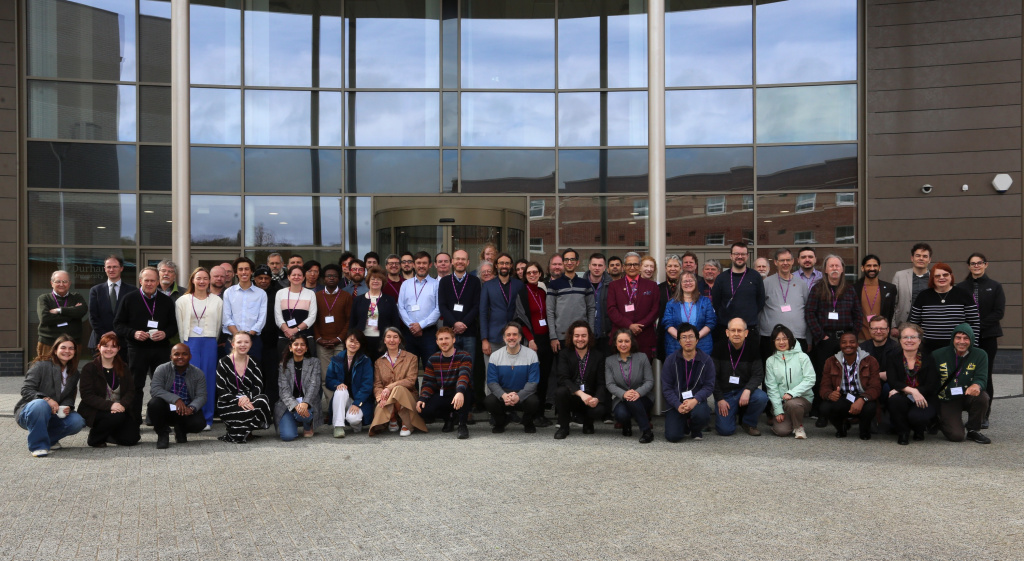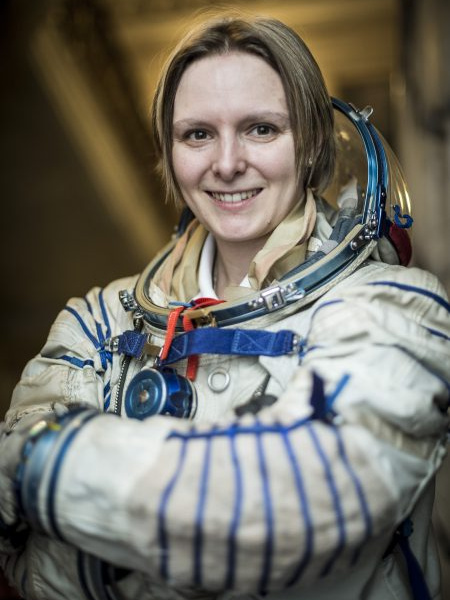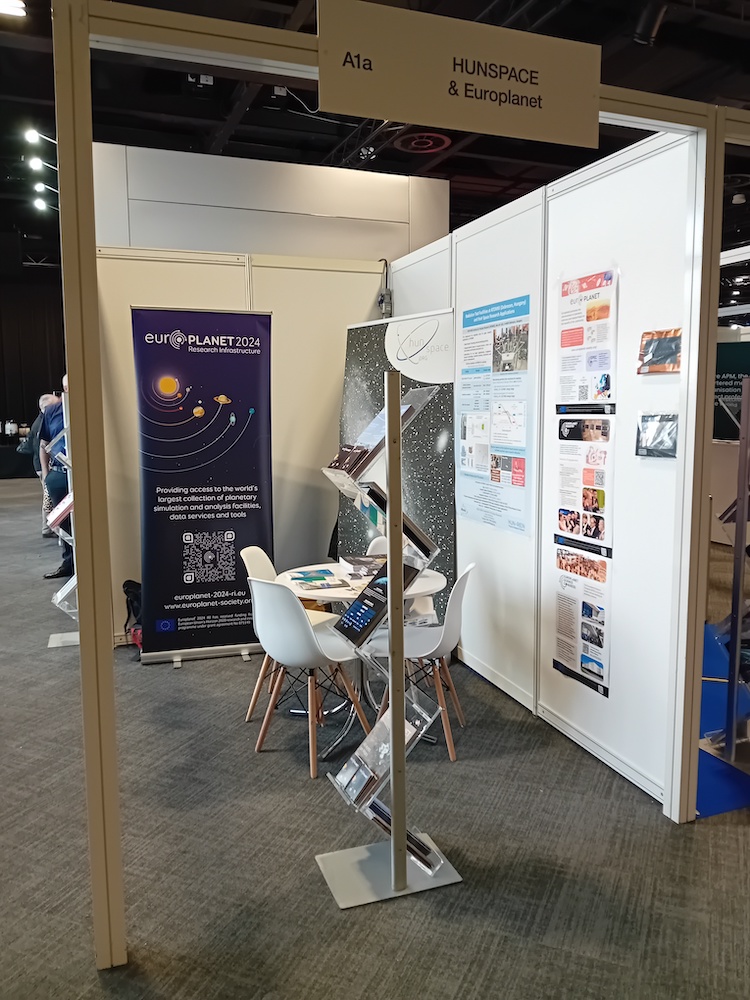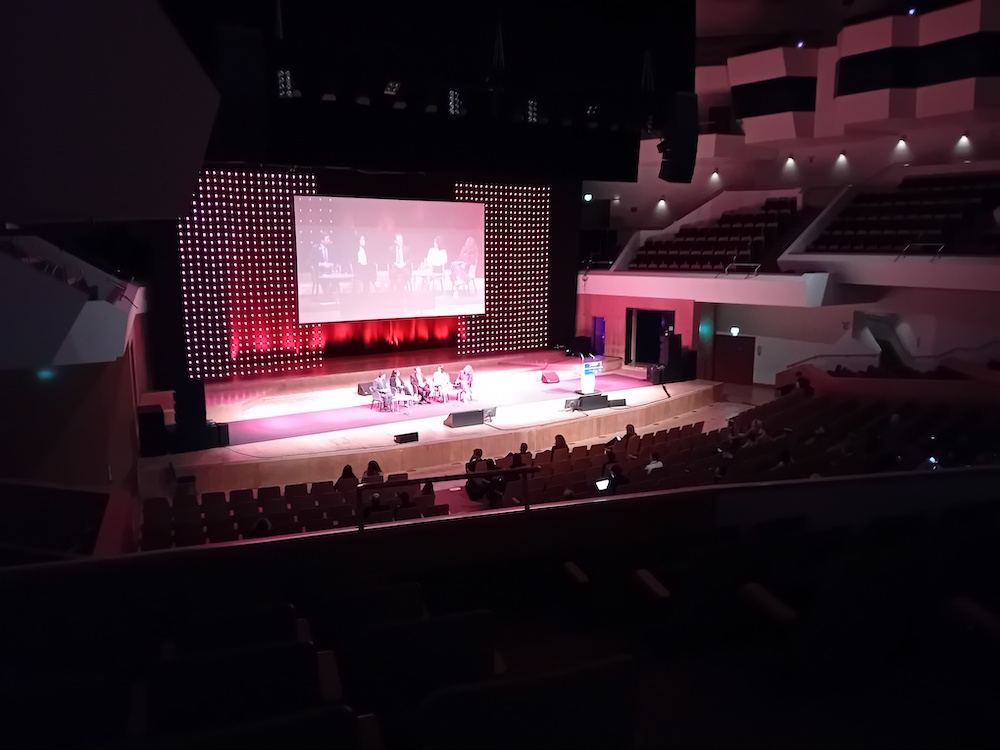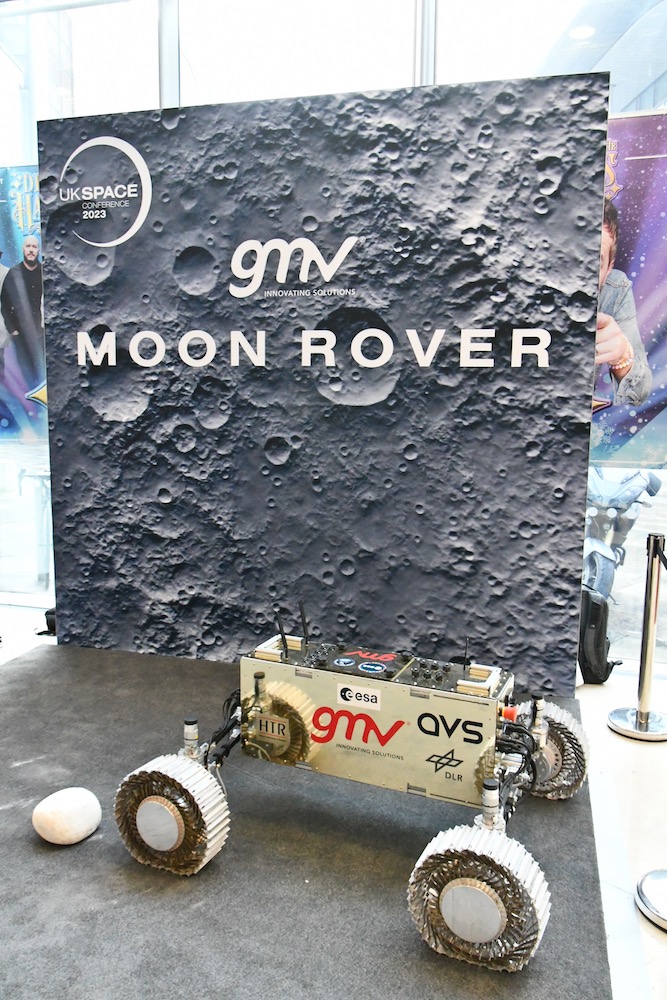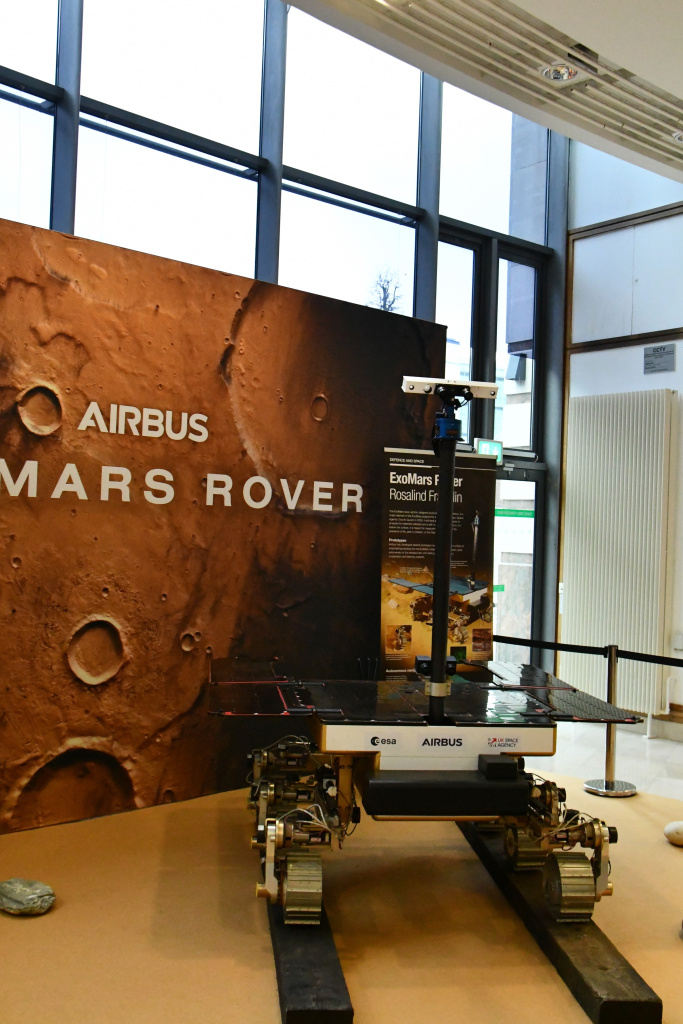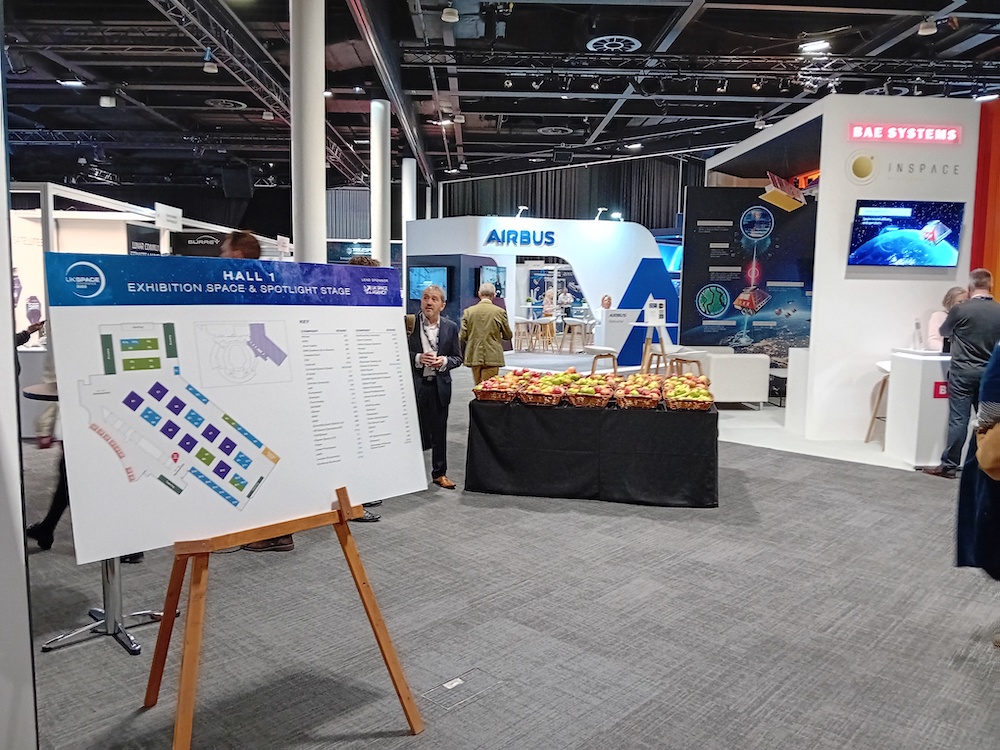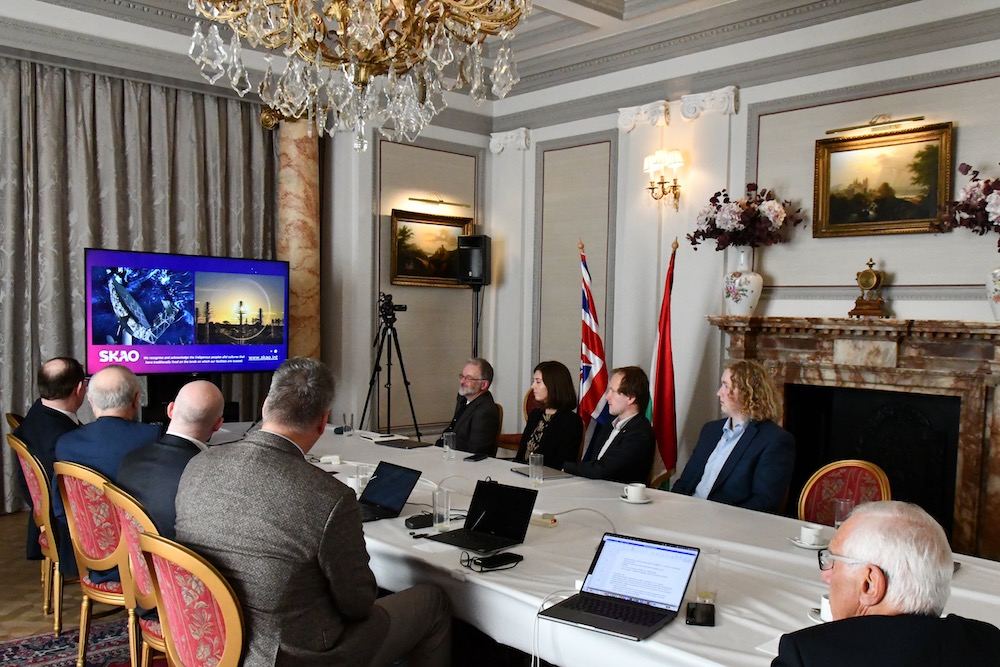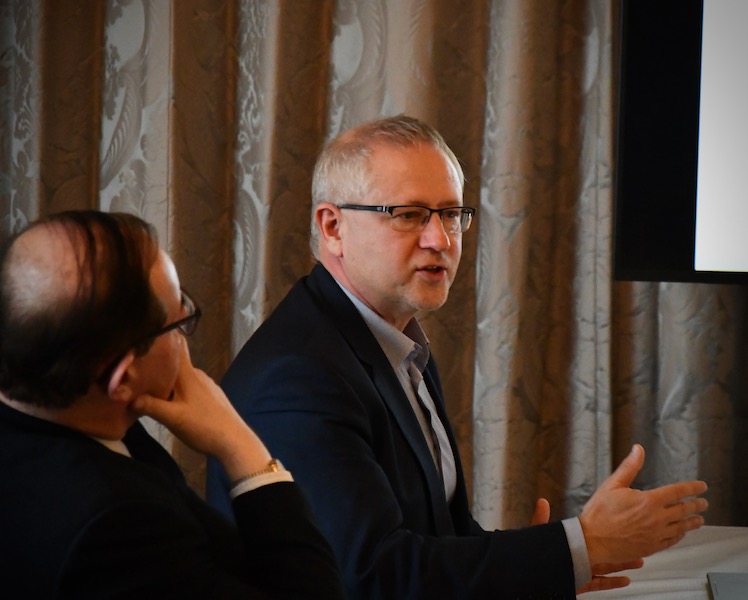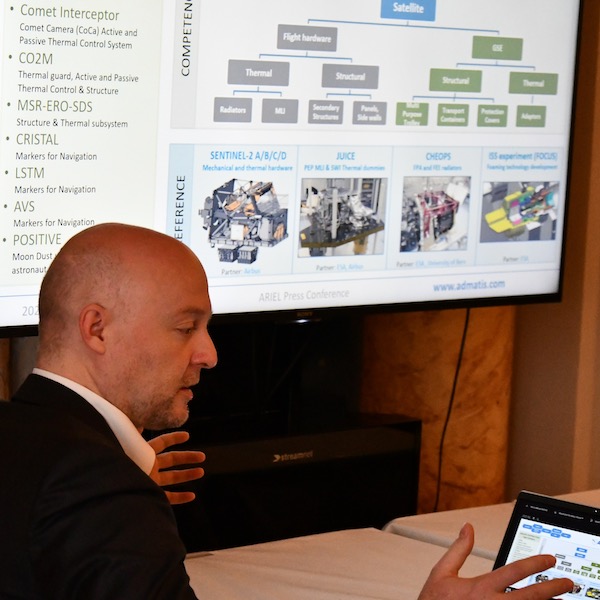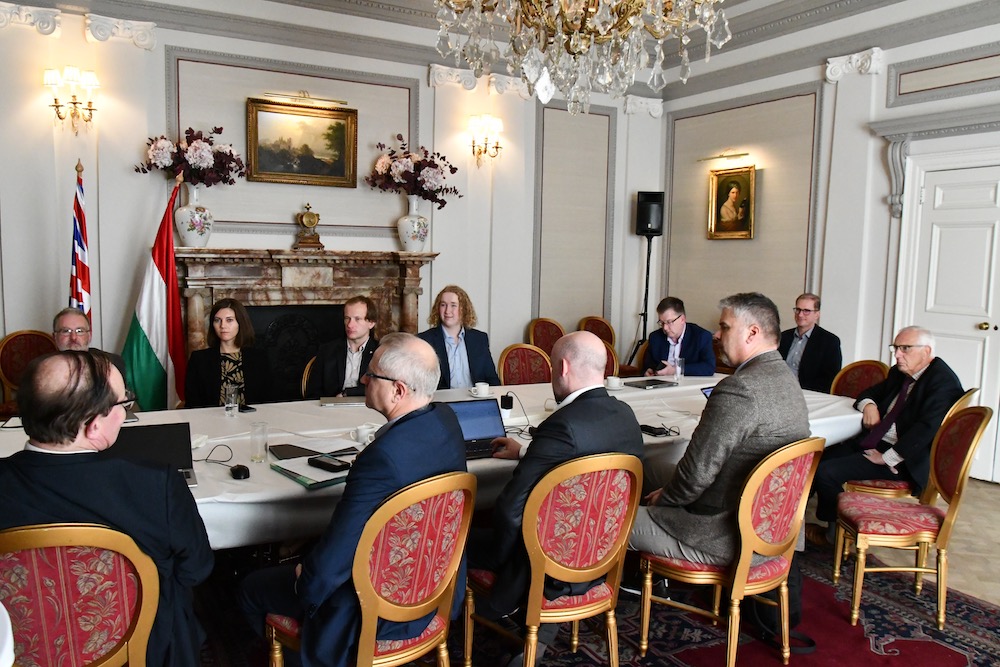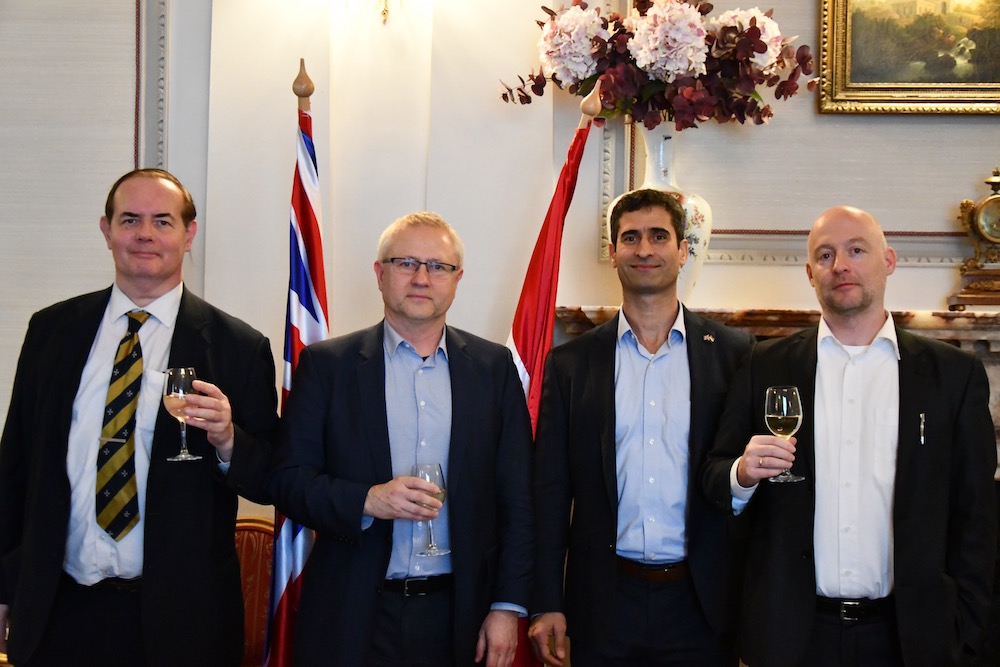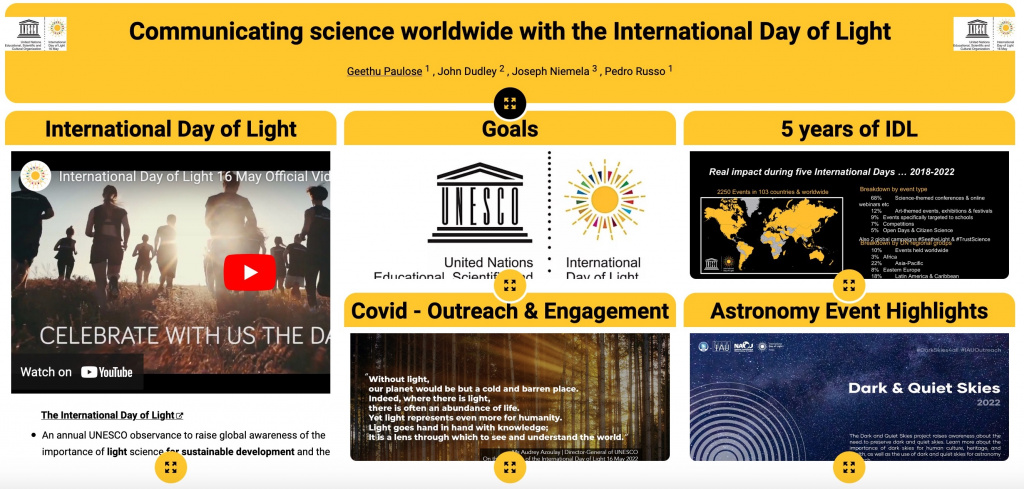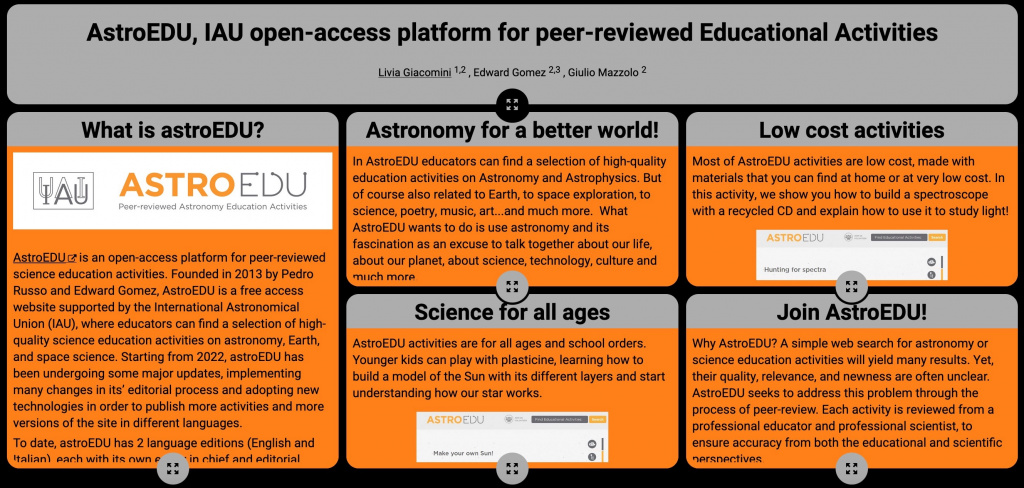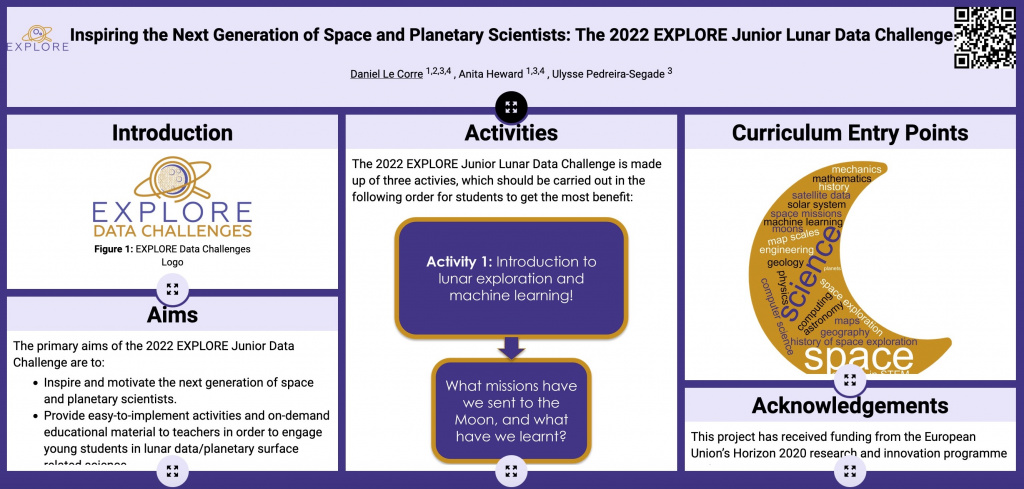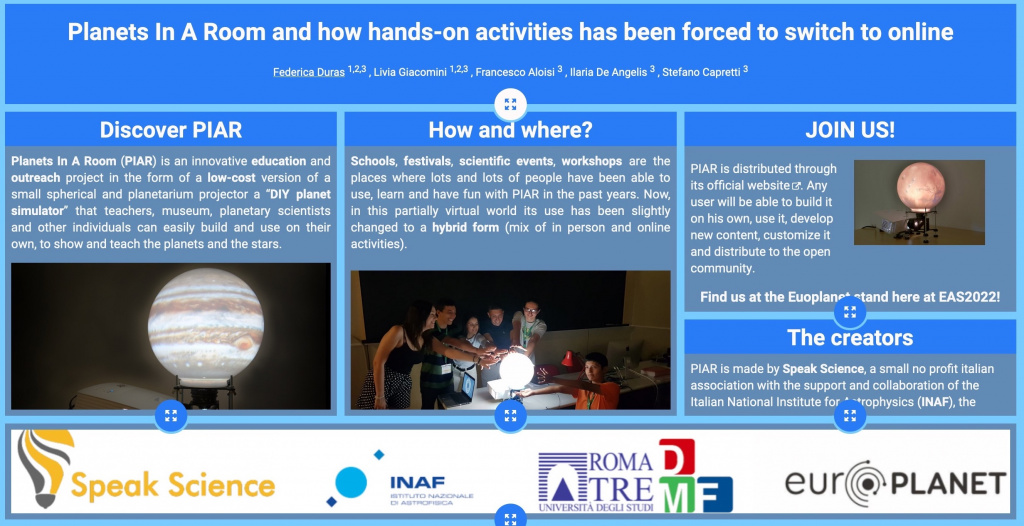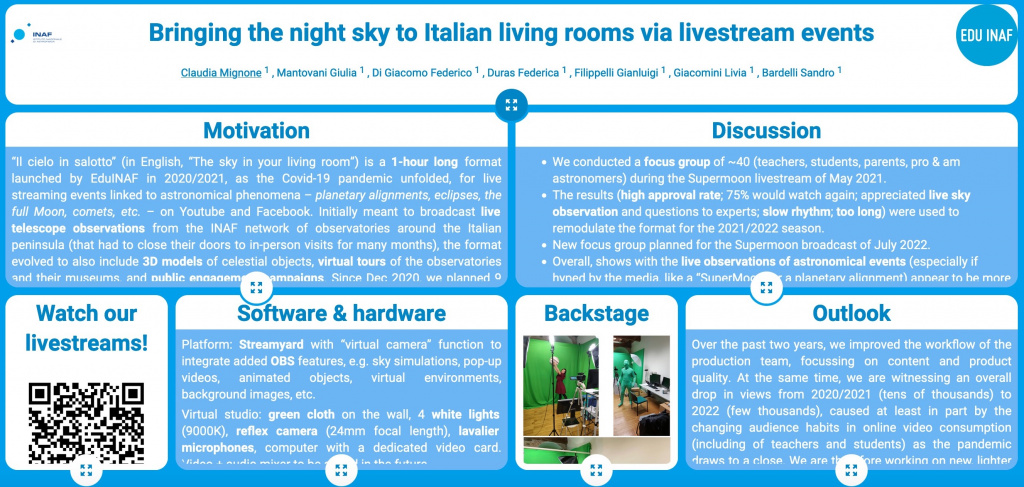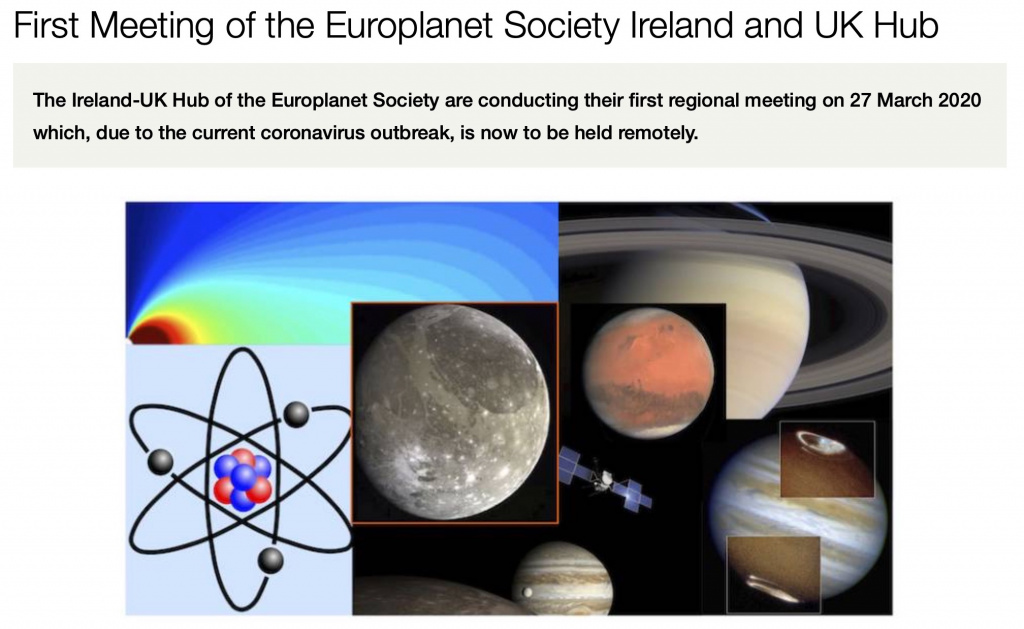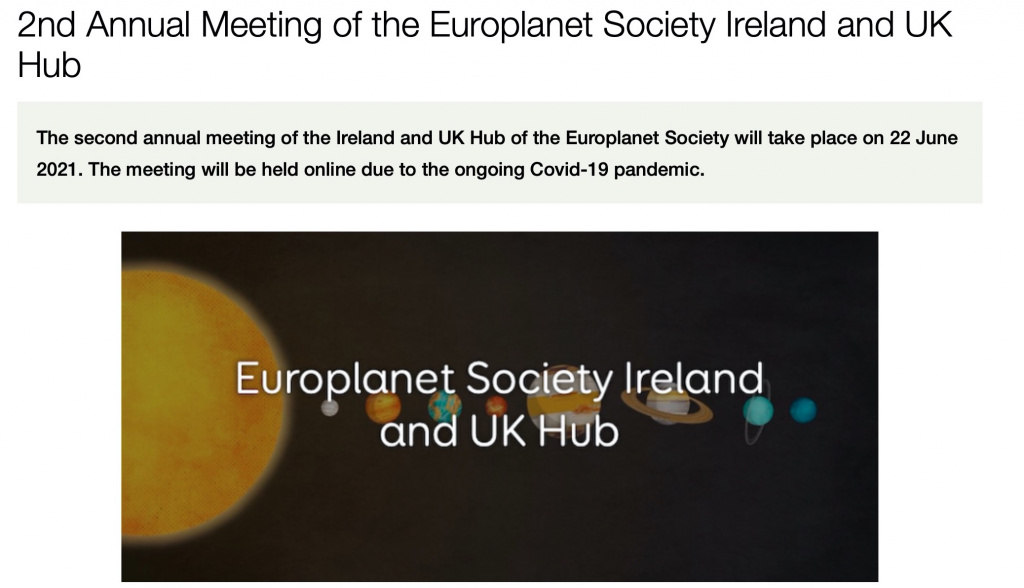Results of Europlanet Society Committee Funding Scheme 2023
The results have been announced of a call by the Europlanet Society to support funding proposals of €1000 to €5000 from its Regional Hubs, Committees and Working Groups and the Society Membership. Five projects have been supported in 2023:
French Hub proposal: Careers workshop at French Planetary Science Congress (€4900)
The French Planetary Science Congress will be held in Nantes in July 2024 conjointly with the French Astrobiology Society (SFE) and National Programme for Planetary Science (PNP), where two days will be devoted to astrobiology topics and two others to planetary science more generally. Funding was requested from the Europlanet Society Committee Funding Scheme to support a one-day workshop devoted to early career researchers focussed on careers in planetary science, divided into talks from industry and academia about their diverse career paths, and workshops on topics such as “CV writing for industry”, “writing a good research grant”, a poster session in the afternoon will allow attendees to exchange with the invited speakers and other researchers at the conference. The whole event will be in French to maximise interaction between the masters and PhD students and the presenters.
Spain Portugal Hub proposal: Pro-Am occultations campaigns with a portable telescope (€3300)
Occultations of stars by small Solar System bodies provide relevant information about their atmosphere, rings, satellites and morphology. The most interesting results are usually obtained when several different chords of the same occultation event are gathered. Therefore, it is usually necessary to deploy different instruments across the predicted shadow path in order to maximise the probability of capturing relevant data.
Several members of the Sociedad Astronómica Granadina (an amateur astronomy group from the south of Spain) have collaborated in dozens of different ProAm occultation campaigns promoted by the IAA and other organizations, specially those involving transneptunian objects, Jupiter trojans and NEOs. Those campaigns usually involve traveling (sometimes thousands of kilometers) in order to correctly position the telescopes and auxiliary gear. To continue and improve collaborations, funding was requested from the Europlanet Society Committee Funding Scheme to acquire a more powerful (but still portable) telescope to obtain occultation data of fainter stars.
Central Europe Hub proposal: Orionids 2023 (€1400)
Funding was requested from the Europlanet Society Committee Funding Scheme to support “Orionids 2023”, a meteor astro-camp. During a weekend workshop that will take place in Banská Štiavnica, in central Slovakia, different astrophysicist and astronomers amateur will provide lectures about how to observe meteor showers and secondary meteor showers in a classical traditional way. This seminar will teach the participants how to be prepared theoretically for such an observation, what methodology (IMO) to use and how to practically observe a meteor shower in general. Afterwards, it will be given the knowledge of submitting the results in the IMO database. Another aim of the project is to teach a new lecturing team in order to maintain visual observation discipline, also nowadays in modern digital times. The plan for the future is to organize the observation of meteor showers at least 3 times a year. The best possibilities would be in Slovak dark sky parks or another convenient location. The expected number of participants of the Orionids 2023 is 12 with 4 lecturers. The first Orionids astro-camp is planned in Slovakia but international participants are also welcome
Central Europe Hub: Variable stars and exoplanet research meeting – support for international audience (€3060)
The Czech Variable stars meeting is traditionally organised by the Czech Astronomical Society, Variable stars and exoplanet section, association of professional and amateur astronomers predominantly from the Czech Republic, but also members from other european countries. This meeting has a long history, the last 54th meeting took place in November 2022 in Ostrava, Czech Republic. Average audience is between 50 and 100 participants, including online audience. Various topics with focus on pro-am research of variable stars and exoplanets are discussed. With the incresing number of international collaboration, there is a rise of international audience of the meeting. Last year’s meeting was also held in hybrid form. Funding was requested from the Europlanet Society to broaden focus of the meeting to the Central European international audience by formally dividing the meeting to consecutive international and Czech/Slovak sections, advertising the meeting on the European level and providing support for in-person participants – amateur astronomers and students. The support will comprise travel bursaries and support with translation of presentations and other material into English. Since 2021 there is also an student section in the form of a competition organised, where also students from other countries can participate.
Ireland-UK Hub: Europlanet Early-Career Networking at the British Planetary Science Conference 2024 (€4380)
The British Planetary Science Conference (BPSC) 2024 has been awarded by the UK Planetary Forum to Space Park Leicester (SPL). It will be held in June 2024 at Space Park and the adjacent National Space Centre in Leicester. Europlanet sponsorship was requested to raise awareness of society membership benefits in the UK. BPSC will start with a 1-day workshop for those new to the space and planetary science community, where experienced SPL engineers and project managers will lead examples of how space instruments and missions are developed. This will help facilitate wider access to new space exploration initiatives in the planetary and space science community, and is particularly focussed on connecting early-career researchers to new opportunities. The main 3-day part of the conference will consist of oral and poster sessions reflecting the range of topical planetary and space science activities in the UK, including results from sample return missions, Mars exploration, the Gas and Ice Giants, meteorites, Mercury. The main conference will also have an emphasis on careers and EDI, with input on careers in the space industry. On the final day will include a community consultation day with UKSA, STFC, and other interested stakeholders like Europlanet.
South East Europe Hub: Terrestrial Analogues for Solar System Studies Conference (€5000)
Co-funding was requested from the Europlanet Society Committee Funding Scheme for an already designed planetary-themed conference to be held in Greece, in the island of Milos, during the summer of 2024. The conference has both scientific and policy aspects, and aims to bring together planetary scientists from all over the world, with an emphasis on students and early career participants from Southeastern Europe, in a location of great relevance and interest for planetary geologic topics – the island of Milos. This region has experienced young volcanism and tectonism (Mars, Pluto), has undergone atmospheric shaping of volcanic deposits, and carving into yardangs (Mars, Titan, Venus, Pluto), and has current hydrothermal and fumarolic activity (Venus, Io, exoplanets). The conference will offer a combination of lectures, science discussions and filed trips, as well as policy and industry related discussions in a dedicated session. Planetary scientists with experience in field geology will interact with those who typically do modeling or laboratory studies, furthering the cross communication of topics and improving the research approach for all participants to lead to a better understanding.
EPEC: Early Career Activities at DPS-EPSC 2023 (€900)
EPEC has organised a programme of events for early career researchers at the joint DPS-EPSC meeting in October 2023 in San Antonio, Texas. The planned activities include a short course on mental health, a social event, mentoring for first-time attendees and the EPEC general assembly. In addition, EPEC will have a booth to help early careers find their way around and inform them about our work.
Find out more about the Committee Funding Scheme.
